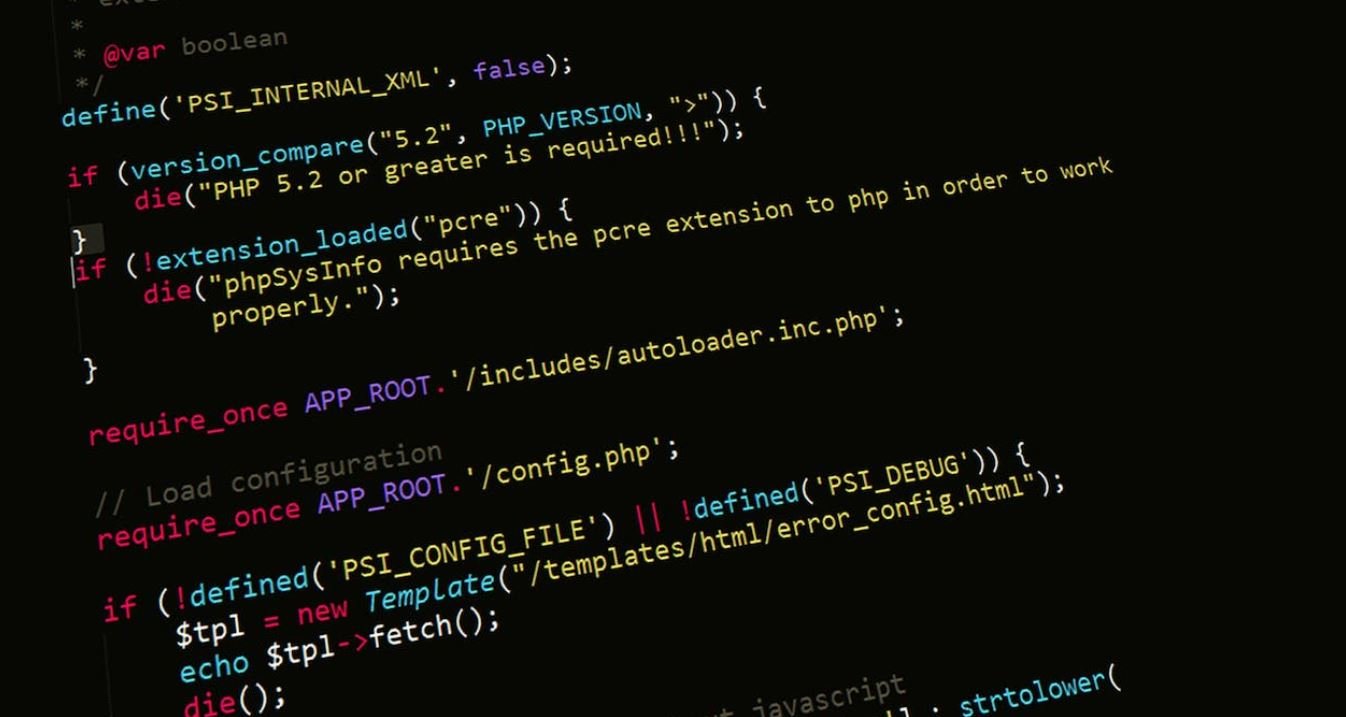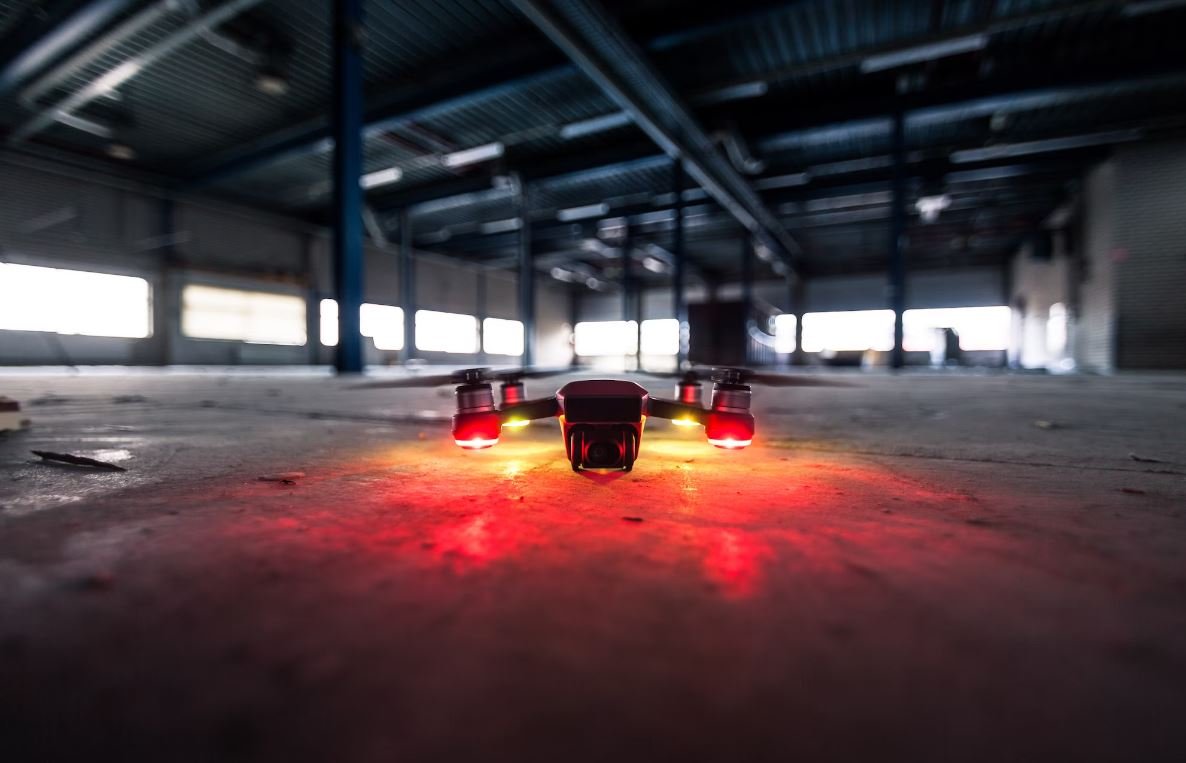Things AI Cannot Do
Artificial Intelligence (AI) has revolutionized various industries, providing advancements in automation, predictive analysis, and decision-making. However, there are still several limitations to what AI can accomplish. Understanding these limitations is crucial for recognizing the importance of human intelligence in various domains.
Key Takeaways
- AI is not capable of human emotions.
- AI lacks common sense reasoning and contextual understanding.
- AI struggles with creative tasks that require imagination and intuition.
- AI cannot replace human interaction and empathy.
- AI is limited by the data it is trained on and cannot extrapolate beyond that.
The Boundaries of AI
While AI has made remarkable progress in many areas, it is important to acknowledge its limitations.**AI lacks the ability to experience human emotions**, making it incapable of understanding or empathizing with emotional states. This inability restricts AI’s ability to effectively interact and communicate in emotionally-driven environments.
Additionally, AI **struggles with common sense reasoning** and lacks the contextual understanding that humans possess. This limitation prevents AI systems from accurately interpreting ambiguous or contradictory information, leading to incorrect or inadequate decisions.
Furthermore, **AI faces challenges in creative fields** such as art, music, and literature. The ability to produce unique and imaginative works requires a level of intuition and inspiration that AI currently cannot replicate.
Limitations in Human Interaction
One of the core limitations of AI is its inability to **replace human interaction** and empathy. Despite advancements in natural language processing, chatbots and virtual assistants cannot truly comprehend human emotions, intentions, or social cues. This deficiency hinders their ability to provide genuine support and assistance in complex human situations.
Moreover, AI systems are **limited by the data they are trained on**. They lack the ability to extrapolate beyond the information they have been provided, resulting in potential errors or insufficient predictions. This limitation becomes more pronounced when AI encounters situations or patterns that deviate from the training data.
Impact on Industries
| Industry | Limitations |
|---|---|
| Healthcare | AI cannot replace empathetic care providers, and diagnostic errors may occur. |
| Artificial Creativity | AI lacks the intuition and imagination needed for artistic expression. |
| Transportation | AI struggles with unpredictable situations and lacks the ability to adapt quickly. |
AI’s limitations have a significant impact on various industries. In healthcare, while AI can assist in diagnosis, it cannot replace the empathy and understanding provided by human care providers. This can result in potential errors and misdiagnoses **impacting patient outcomes**.
In the field of artificial creativity, AI’s limitations in intuition and imagination prevent it from producing truly original artistic works. AI-generated art, music, and literature may lack the depth and emotional resonance that humans can create.
Furthermore, in transportation, the **inability of AI to quickly adapt to unpredictable situations** can pose risks in autonomous vehicles and other transportation systems. Real-time decision-making in dynamic scenarios requires human cognition and the ability to account for numerous factors simultaneously.
The Future of AI and Human Collaboration
| Advantages | Explanation |
|---|---|
| Improved Efficiency | Combining AI’s processing power with human judgment can enhance productivity. |
| Enhanced Decision-Making | AI systems can provide data-driven insights, while humans can consider ethical, social, and contextual factors. |
| Human Creativity Amplification | AI tools can assist humans in generating innovative ideas and optimizing design processes. |
Despite the limitations of AI, its integration with human intelligence holds immense promise. Collaborating AI with human expertise can lead to improved efficiency, enhanced decision-making, and amplified human creativity.
By combining AI’s immense processing power with human judgment, **productivity and accuracy can be significantly increased**. AI systems can process vast amounts of data and provide insights, while humans can incorporate ethical, social, and contextual factors before making critical decisions.
Moreover, AI can aid human creativity by offering suggestions, automating repetitive tasks, and optimizing design processes. This collaboration between AI and human creativity can lead to innovative breakthroughs and improved problem-solving capabilities.
The Importance of Human Intelligence
| Area of Expertise | Human Intelligence Advantage |
|---|---|
| Social and Emotional Intelligence | Humans excel in building relationships, providing empathy, and interpreting non-verbal cues. |
| Imagination and Intuition | Humans have the ability to generate original ideas and insights through creativity and intuition. |
| Ethical Decision-Making | Humans consider a range of moral, legal, and societal factors when making complex decisions. |
While AI continues to advance, human intelligence remains indispensable. Areas where human intelligence outshines AI include social and emotional intelligence, imagination and intuition, and ethical decision-making.
Humans possess a unique ability to connect with others, build relationships, and provide empathetic support. Understanding non-verbal cues and emotional nuances allows humans to engage in meaningful interactions and establish trust.
Additionally, human creativity, imagination, and intuition play a crucial role in generating innovative ideas, problem-solving, and pushing boundaries. These capabilities cannot be fully replicated by AI, enhancing the value of human contribution.
Furthermore, ethical decision-making requires considering a multitude of factors such as morality, legality, and societal implications. Humans have the capacity to weigh these complexities and make judgments that consider long-term consequences and the needs of various stakeholders.
“`
Copy the HTML code above and add it to a new HTML file. Save the file with a “.html” extension (e.g., “ai_article.html”).
Now you can upload the HTML file to your WordPress blog and publish it to share the informative article “Things AI Cannot Do”.

Common Misconceptions
AI Cannot Understand Emotions
One common misconception about artificial intelligence is that it cannot understand or recognize human emotions. While it is true that AI lacks the ability to experience emotions like humans do, it can still analyze and interpret emotions through various techniques.
- AI can analyze facial expressions and body language to infer emotions.
- AI can process sentiment analysis on text to gauge emotions in written communication.
- AI can learn and adapt over time by observing human emotions and responses.
AI Cannot Replace Human Creativity
Another misconception is that AI cannot replicate human creativity and innovation. While AI may not exhibit emotions and subjective experiences tied to creativity, it can still generate novel and imaginative outputs.
- AI can generate music, art, and literature through advanced algorithms.
- AI can analyze vast amounts of data to identify patterns and generate innovative solutions.
- AI can assist human creativity by providing inspiration and generating ideas.
AI Cannot Make Ethical Decisions
It is often believed that AI lacks the capability to make ethical decisions. While AI systems do not possess moral values or consciousness, ethical decision-making can be integrated into their programming.
- AI can be programmed to follow ethical guidelines and rules set by humans.
- AI can analyze ethical dilemmas and propose multiple ethical solutions.
- AI can assist humans in making ethical decisions by providing analysis and insights.
AI Cannot Fully Replace Human Intelligence
One of the most prevalent misconceptions is that AI has the potential to completely replace human intelligence. While AI has made significant advancements, it still cannot replicate the depth and breadth of human intelligence.
- AI lacks the common sense and intuitive reasoning capabilities of humans.
- AI often struggles with context and understanding nuances in communication.
- AI is limited in abstract and critical thinking abilities that humans possess.
AI Cannot Solve All Problems
Lastly, there is a misconception that AI can solve any problem thrown at it. Although AI can be incredibly powerful in certain domains, it has its limitations.
- AI’s effectiveness heavily relies on the quality and availability of data.
- AI may struggle with problems that require human intuition and creativity.
- AI may not be able to handle complex social and moral dilemmas appropriately.

Things AI Cannot Do
Artificial intelligence (AI) has made remarkable advancements in various domains, but there are still certain tasks that remain beyond its capabilities. Despite its power and potential, AI has its limitations. This article explores ten areas where AI falls short, highlighting the aspects that cannot be fully accomplished by technology alone.
1. Express Genuine Emotions
While AI can analyze and interpret emotions displayed by humans, it cannot genuinely experience emotions itself. True emotional intelligence relies on empathy and personal experiences, which are currently beyond the reach of AI.
2. Achieve Creativity
The ability to imagine, innovate, and create uniquely remains an exclusive trait of human intelligence. AI systems can mimic creative outputs but lack true originality and the ability to think “outside the box.”
3. Demonstrate Genuine Morality
Though AI can be taught ethical principles, it does not possess an intrinsic moral compass. It cannot fully comprehend complex moral dilemmas, as human morality is influenced by emotions, empathy, and religious or cultural beliefs.
4. Grasp Abstract Concepts
AI struggles with comprehending abstract concepts, such as deep philosophy or metaphysics, which require nuanced interpretations and subjective understanding. These concepts often rely on human experiences and perspectives.
5. Display Self-Awareness
Despite considerable progress in developing self-learning AI systems, true self-awareness remains elusive. AI lacks the introspective capabilities required to reflect on its own existence and question its motives and desires.
6. Replace Human Intuition
AI systems can process vast amounts of data and provide insights. However, they cannot replicate the intuitive leaps of human thinking. Human intuition combines knowledge, experience, and subconscious cues that are difficult for AI to replicate accurately.
7. Replicate Human Morale Principles
AI lacks the intricate and complex understanding of human moral values and principles that have evolved over centuries. While capable of following programmed ethical rules, AI often fails in applying moral reasoning to novel scenarios.
8. Possess Humor
Humor is a uniquely human characteristic that relies on cultural references, wordplay, and unexpected connections. AI struggles to comprehend these nuances, resulting in a lack of genuine humor in AI-generated content.
9. Experience Physical Senses
AI cannot experience sensations or perceive the world through human senses. The ability to see, hear, taste, smell, and touch is vital for comprehensive comprehension, yet AI cannot truly gain these sensory experiences.
10. Develop Consciousness
AI, no matter how advanced, does not possess consciousness like humans do. Consciousness involves self-awareness, subjective experiences, and the capacity for introspection – aspects that currently lie beyond the capabilities of AI systems.
In conclusion, while AI has undoubtedly transformed various fields, certain aspects of human intelligence remain beyond its reach. Expressing genuine emotions, achieving creativity, and exhibiting morality are just a few of the many abilities that highlight the uniqueness and complexity of the human mind.
Frequently Asked Questions
What are the limitations of AI?
AI has certain limitations and cannot do everything. While AI can perform various tasks efficiently, it still lacks certain capabilities and skills.
Can AI completely replace human intelligence?
No, AI cannot completely replace human intelligence. Although AI can simulate human thinking and decision-making processes to some extent, it cannot replicate the full range of human capabilities and emotions.
Can AI exhibit emotions and consciousness?
No, AI cannot exhibit emotions and consciousness as humans do. AI models are designed to process information and make decisions based on algorithms and data, without possessing subjective experiences or feelings.
Can AI understand and interpret emotions?
While AI algorithms can be trained to recognize certain patterns associated with human emotions, AI does not possess the ability to truly understand or interpret emotions in the same way humans do. AI’s interpretation of emotions is limited to data-driven analyses.
Can AI be creative?
AI can generate outputs that may seem creative, such as generating artwork or composing music, but these creations are ultimately based on patterns and rules learned from existing data. AI lacks the innate creativity and originality that humans possess.
Can AI have moral judgment?
No, AI does not have moral judgment. AI systems follow predefined rules and algorithms that do not possess the capacity for ethical decision-making. Any ethical judgments made by AI are ultimately based on the principles programmed by humans.
Can AI replace jobs across various industries?
AI has the potential to automate certain tasks and roles in various industries, leading to job displacement. However, AI cannot replace all jobs, as certain tasks require complex human skills, critical thinking, and emotional intelligence that AI currently lacks.
Can AI solve all problems?
No, AI cannot solve all problems. While AI excels in data analysis, pattern recognition, and optimization tasks, there are problems that require human judgment, intuition, and creativity. Some problems involve unpredictable elements that AI may struggle to handle effectively.
Can AI understand and appreciate art and aesthetics?
Although AI can analyze and generate various forms of art, it does not possess the ability to truly understand or appreciate art and aesthetics as humans do. AI’s interpretation of art is based on statistical patterns and lacks the deeper emotional and intellectual understanding that humans possess.
Can AI be biased or discriminatory?
AI can be biased or discriminatory if it is trained on biased or incomplete data. Since AI learns from the data it is provided, if the data contains biases or reflects existing societal inequalities, the AI system may inadvertently perpetuate those biases. It is essential to carefully monitor and address bias when developing AI applications.




